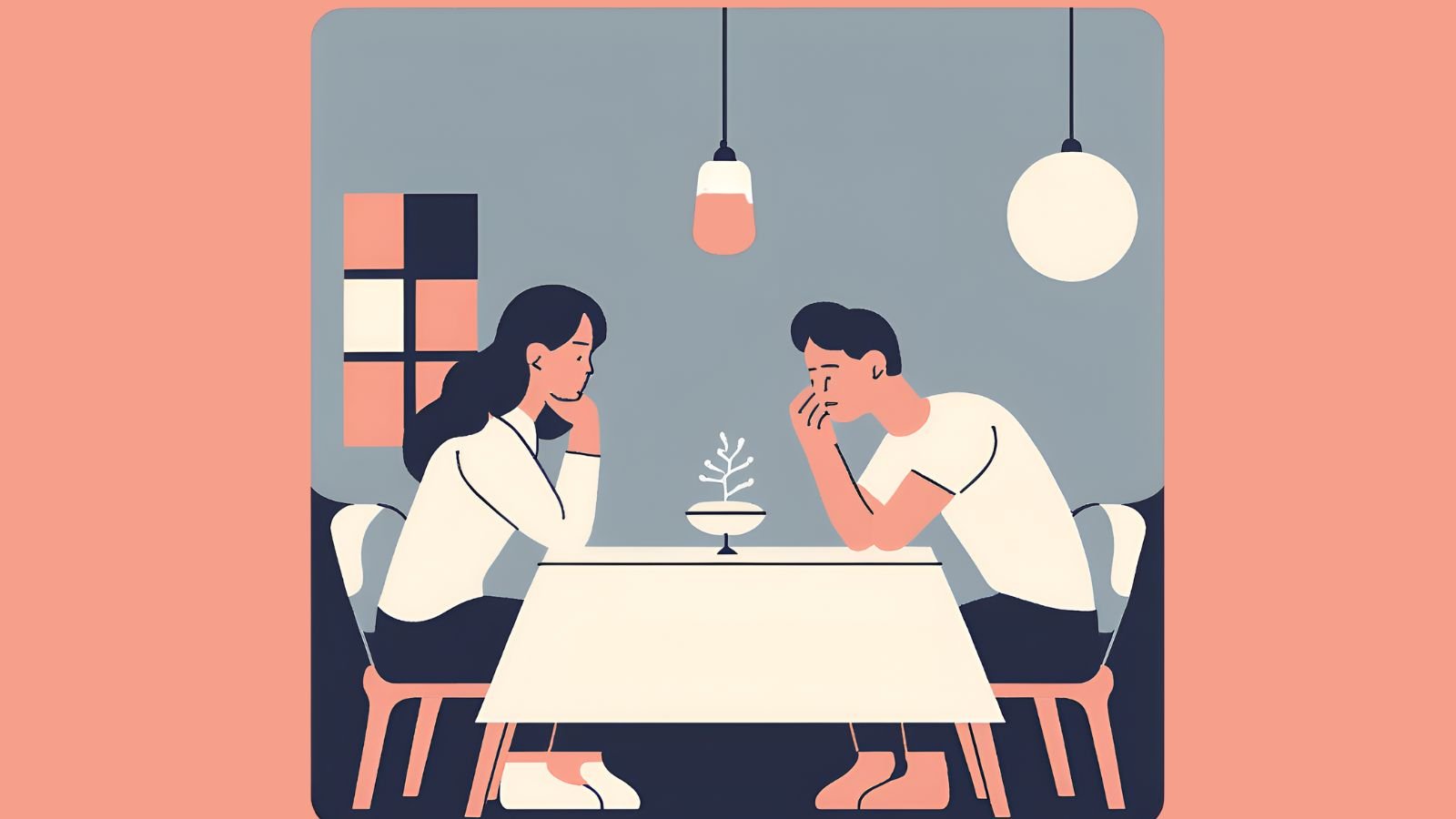When Love Starts to Slip: Early Signs Your Relationship Might Be Falling Apart

Every relationship goes through phases—some filled with joy, others with discomfort. But how do you know if you're simply in a rough patch, or if your relationship is starting to crumble beneath the surface?
While breakups often seem sudden, most are preceded by early symptoms your relationship is falling. These signs can be subtle at first; missed calls, dry conversations, fewer laughs but over time, they grow into patterns that affect your emotional well-being and mental health.
At Therapy Connect India, we often work with individuals and couples who realized the red flags after things spiraled. This blog is your sign to pause and reflect. If something feels off, it’s worth paying attention to.
Before diving into the signs, let’s talk about why it matters.
Identifying problems early helps you:
So whether you’re dating, in a long-term relationship, or married, knowing these early symptoms can help you make empowered choices.

One of the first red flags is the fading of emotional intimacy. If your partner no longer shares their thoughts, feelings, or everyday experiences with you, something’s shifting.
What it looks like:
This emotional disconnection in love often happens gradually, but it’s deeply telling. When you start to feel like a stranger in your own relationship, it’s time to talk.
Healthy communication is the backbone of any lasting relationship. If your conversations start becoming hostile, sarcastic, or simply absent, that’s a key warning sign.
Common changes in communication:
This change not only damages trust but also chips away at your mental health, leaving you anxious and misunderstood.

When love is fresh, both people naturally put in effort: planning dates, checking in, celebrating little things.
If you notice that one or both of you have stopped trying, the relationship may be running on autopilot.
How it shows up:
Neglect doesn't always mean you don’t care—it may mean emotional fatigue, stress, or unresolved issues. But ignoring it only makes things worse.
Physical touch; whether it’s a kiss, hug, or holding hands is a form of nonverbal love. If physical affection becomes rare, it may reflect a deeper emotional gap.
Warning signs:
This often stems from emotional disconnection, resentment, or unmet needs. Don’t ignore it—address it with compassion and curiosity.
Do you feel more relaxed, confident, or yourself when your partner isn’t around? While it’s healthy to have separate lives, consistently feeling happier without your partner is a sign of imbalance.
It may mean:
A good relationship should uplift, not deplete. If your relationship feels like a burden, it’s time to reassess.

This is one of the more serious signs. If you feel anxious about how your partner will react to your thoughts, needs, or emotions, the relationship may not be emotionally safe.
It might look like:
No one should have to shrink to keep the peace. A loving relationship should allow both people to show up as they are.
Are conversations about the future missing or filled with avoidance? Whether it's about moving in together, finances, or family planning, if the future seems fuzzy, your partner might be emotionally withdrawn.
Clues to watch for:
While it’s okay to not have everything figured out, emotional investment in the future is a core part of a secure relationship.

When issues pile up, and nothing is ever addressed, silence becomes its own symptom.
Many couples avoid “the talk” out of fear. But healthy relationships require check-ins. If neither of you wants to talk about what’s going wrong, you may already be in emotional withdrawal.
Relationship check-ins help:
Therapy or counseling can help make these conversations easier and more productive.
Recognizing these early signs isn’t the end, it’s the beginning of choosing what’s next.
Steps you can take:
At Therapy Connect India, we offer both individual and couples therapy, tailored to modern relationships. Whether you're unsure, hurting, or simply need clarity, we’re here.
No one enters a relationship expecting it to fall apart. But sometimes, it does—slowly, quietly, and beneath the surface.
By paying attention to the early symptoms your relationship is falling, you give yourself the power to change the course, whether it’s healing the bond or letting go with grace.
You don’t have to navigate it alone. Therapy can help you process, communicate, and choose the path that protects your peace.